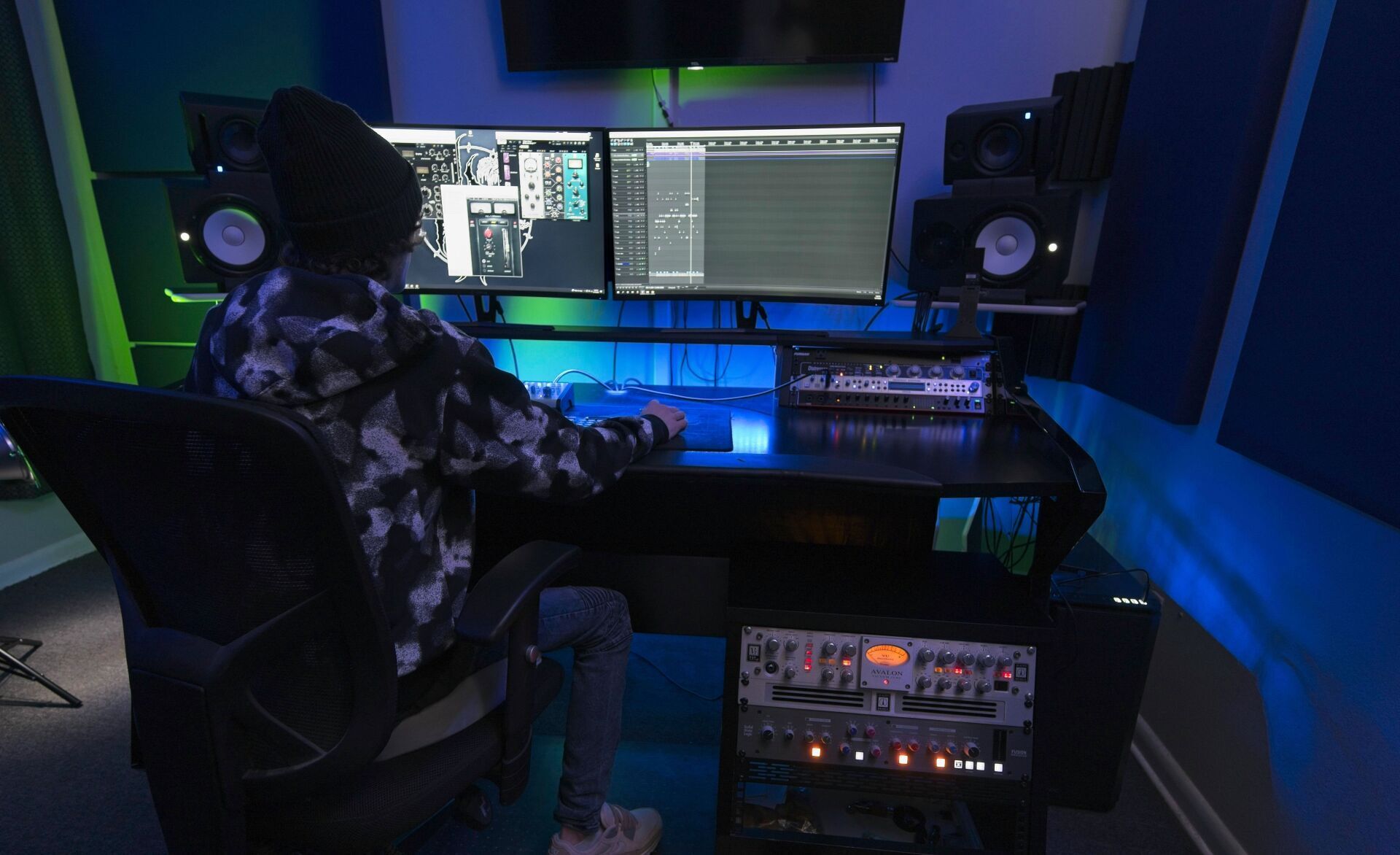The Differences Between Mixing and Mastering: Explained
What Are The Differences Between Mixing and Mastering?

Mixing and mastering are two crucial stages in the audio production process, and understanding the differences between them is essential to achieving the best results. Here's an explanation of the differences between mixing and mastering:
Mixing:
Mixing is the process of combining multiple audio tracks into a final stereo mix. It involves adjusting the levels, panning, and equalization of each track to achieve a cohesive and balanced sound. During mixing, the engineer may also add effects such as reverb, delay, and compression to enhance the overall sound. The goal of mixing is to create a balanced and polished mix that sounds good on various playback systems.
Some common tasks during mixing include:
- Adjusting the volume and panning of each track
- Applying equalization to each track to balance the frequencies
- Applying compression to control the dynamics of each track
- Adding effects such as reverb and delay
- Adjusting the stereo width of each track
- Creating automation to make changes to the mix over time
Mastering:
Mastering is the final stage in the audio production process, and it involves preparing the final stereo mix for distribution. The mastering engineer's job is to enhance the overall sound of the mix, making it sound cohesive and polished across various playback systems. During mastering, the engineer may apply equalization, compression, and limiting to the mix to improve its clarity, loudness, and overall quality.
Some common tasks during mastering include:
- Adjusting the overall volume of the mix
- Applying equalization to balance the frequencies
- Applying compression to control the dynamics of the mix
- Applying limiting to prevent clipping and increase loudness
- Adding dither to reduce quantization noise when converting from a higher bit depth to a lower one
- Creating fades and spacing between tracks in an album
- Creating a master for distribution, such as CD or digital files.
In summary, mixing is the process of combining individual tracks to create a balanced mix, while mastering is the final stage of preparing the mix for distribution. Mixing and mastering are both essential stages in the audio production process, and each requires a skilled engineer with specialized tools and knowledge.
serving Area
Services Offered Worldwide
Business Hours
Call or Text for Information




Share On: